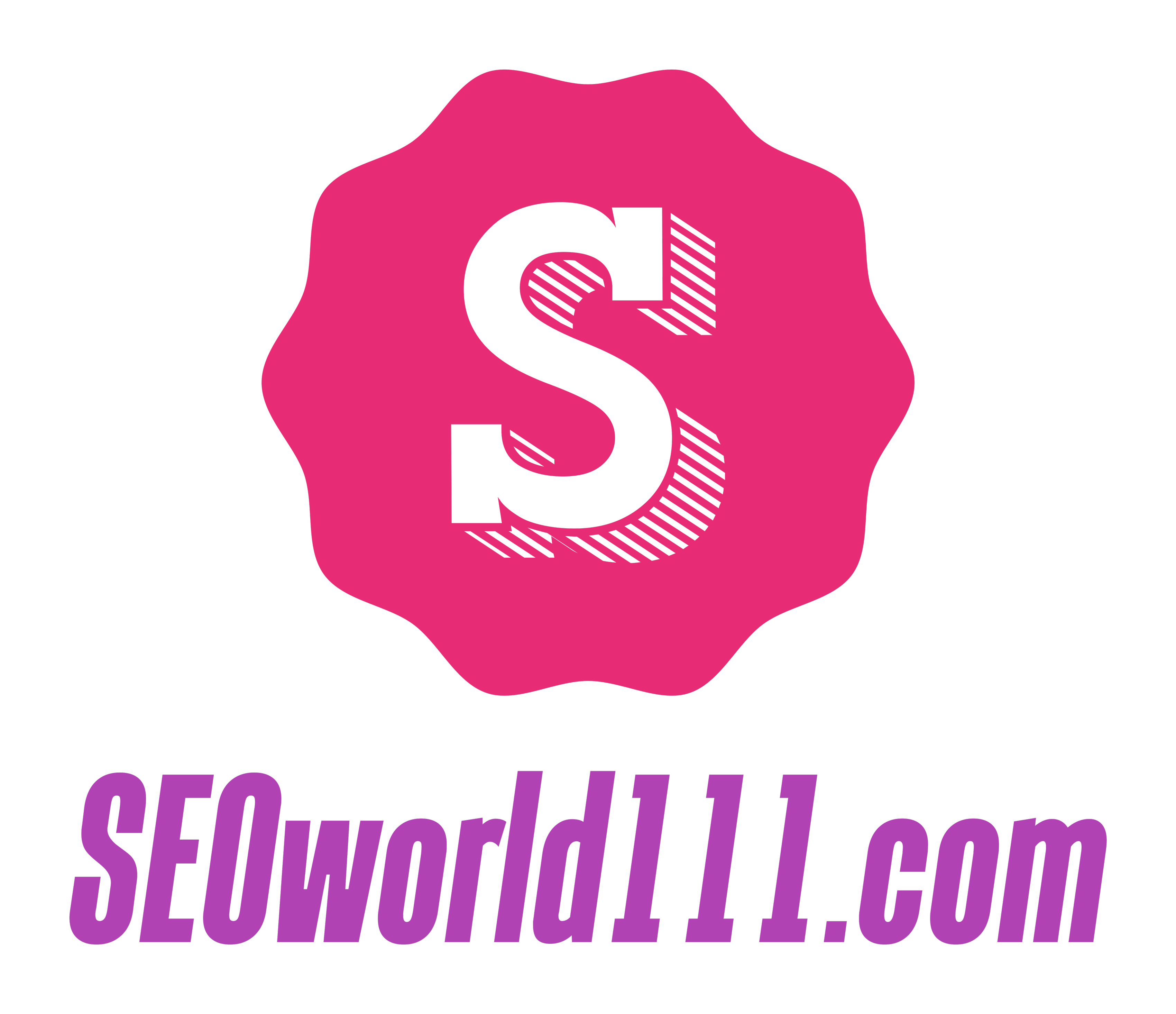Wikipedia is an online encyclopedia that welcomes all authors and editors to create and edit articles freely, based on some basic principles – including neutrality and trust that contributors act in good faith.
Wiki articles are frequently edited and improved, leading to an overall trend toward quality and consensus regarding fair and balanced representation of information.
It is a website
Wikipedia is an online encyclopedia that allows its users to edit articles. As a volunteer-based project, it ranks among the top ten websites on the internet. With its comprehensive citation system and verification requirement for contributors, plus discussion pages and an escalation process in case of disputes, Wikipedia stands out among its peers as an industry leader.
Jimmy Wales and Larry Sanger co-founded Wikipedia in January 2001 as an offshoot of Nupedia. Since then, Wikipedia has grown to contain over five million English articles and millions more written in other languages – free and without advertising!
Wikipedia articles created or edited by anyone can contain errors and omissions. Still, due to its user-driven editing model, tools have been implemented to monitor and address these quickly. Furthermore, vandalism policies have also been put into effect on this website which also boasts sister projects like Wiktionary (dictionary and thesaurus), Wikimedia Commons (media repository), Wikiversity, Wikiquote, and Wikispecies, all supported through donations from individuals or corporations.
It is a wiki
Wikipedia is a free online encyclopedia written collaboratively by an international team of volunteer editors. As one of the top 10 websites and an essential source for information, its success can be attributed to its free license and commitment to open collaboration – supported by Wikimedia Foundation as a non-profit organization.
Wikipedia relies heavily on volunteer vigilance to address errors and vandalism. While many articles have undergone thorough review, no assurance can be given that all articles will be accurate or free from personal bias; moreover, it is possible that malicious code could be introduced into a page, such as links leading to sites hosting malware.
Wiki articles tend to be written from an impartial viewpoint; however, one may become involved in an “edit war,” with opposing views becoming part of its content. Specific community processes and standards have been implemented to address this risk and preserve neutrality on Wikipedia articles, including an escalation/dispute mechanism to mitigate this situation.
It is a community
Wikipedia’s volunteer editors collaborate to present a neutrally written summary of mainstream knowledge for any topic, verified through multiple sources. With such an open platform comes an ongoing stream of new information, while there’s also the risk of vandalism or misinformation surfacing regularly.
The Wikimedia Project is built upon an understanding of trust between its community members and itself; to protect that trust, it enforces stringent rules to uphold its reputation. Users should refrain from posting off-wiki communications directly onto the wiki, and personal beliefs should not become the focus of discussions; furthermore, it is against policy for anyone to utilize Wikimedia tools for the polarization or advocacy purposes.
Wikipedia offers numerous community tools besides editing, such as the Village Pump and Editor’s Teahouse. The Village Pump is a forum for discussing Wikipedia policies and technical issues, while the Teahouse provides research queries. Access is free; donations are appreciated.
It is a source of information.
Wikipedia strives to remain impartial, yet bias remains. Unlike traditional reference works, articles on Wikipedia can be edited at any time by anyone with internet access; as a result, articles at any point in time could include vandalism or false information; these vulnerabilities are particularly prevalent when dealing with living persons or topics currently trending in news stories.
Editors strive to avoid biased articles by drawing from independent sources that do not have a vested interest in the topic or are unlikely to use their contributions for personal gain or self-promotion. Furthermore, Wikipedia strives to prevent vanity pieces by mandating that content be verifiable.
Wikipedia’s openness makes it susceptible to vandalism and false information, though administrators work diligently to rectify errors when they arise. While mistakes cannot always be detected immediately, Wikipedia attempts to reduce sloppiness by providing external links leading to reliable sources for further reading.
